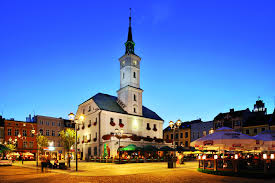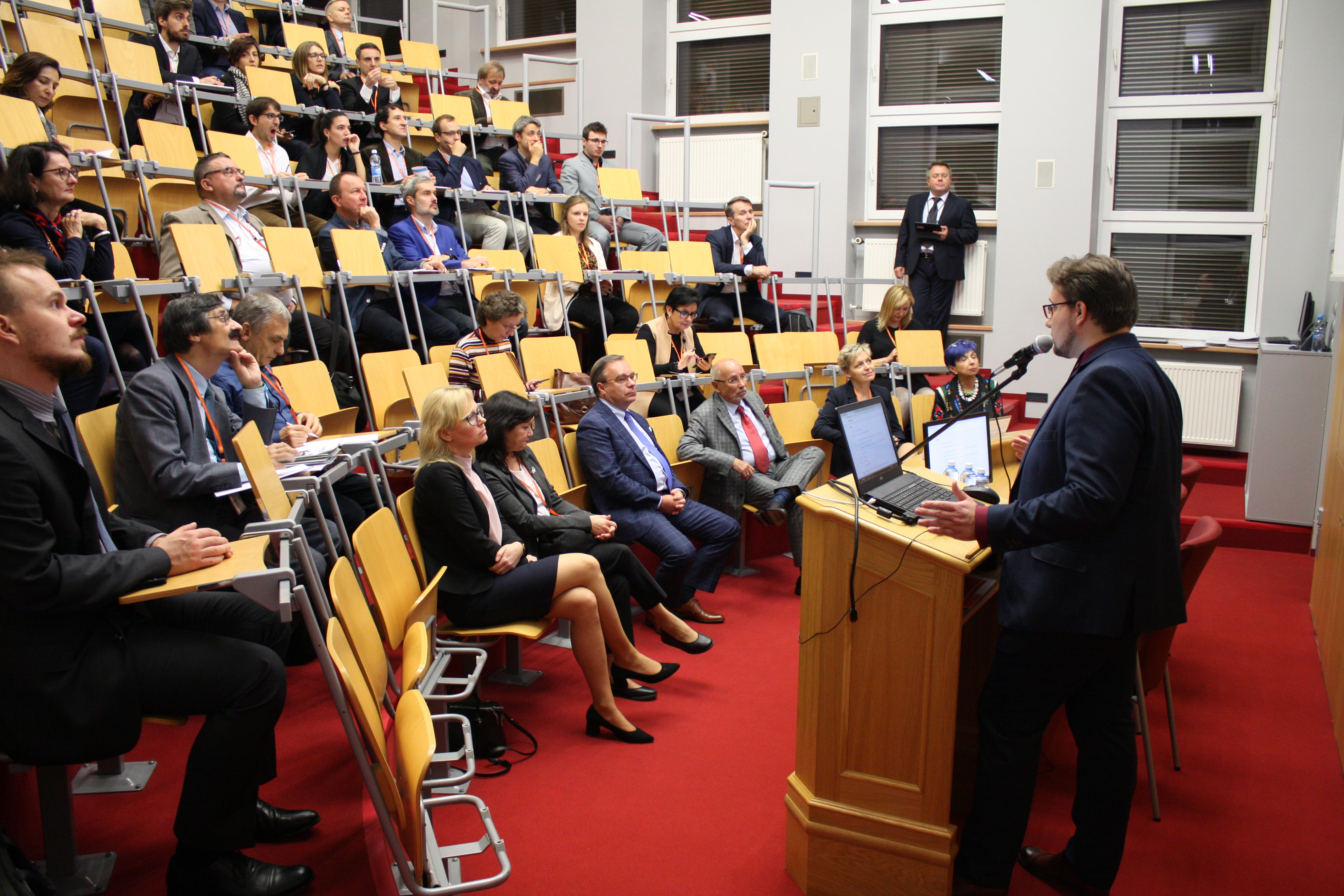On October 23rd RES-Q had the chance to visit one of the beautiful cities of Poland – Gliwice. The conference regarding Personalized Medicine for Health, organized by Marie Skłodowska-Curie Memorial Cancer Centre, Institute of Oncology in Gliwice, Regional Contact Point for Research Programmes of the EU established at Silesian University of Technology, Polish National Contact Point for Research Programmes of the EU, was held in that city.
In the program of this one-day event were included flash presentations of the research projects already carried out in Slovakia, Spain, Czech Republic, Austria and Poland, last calls in the Health section of the Horizon 2020 programme and an overview of health related topics in Horizon Europe.
The main topics were:
- Utilization of Big Data in Healthcare (data sharing / complex chronic conditions)
- Utilization of AI in Healthcare (Big Data analysis / smart living environments / AI supported image analysis)
- Personalized medicine
The opening lecture was given by prof. dr hab. n. med. Bogusław Maciejewski on the topic of clinical trials and personalized radiooncology. The next speech was about Support of Contact Points Network and Enterprise Europe Network. The last part of key speakers’ section was a presentation held by the Representative of the European Commission about last calls in Health section of Horizon 2020, and FAQ session regarding it.
The second part of the event entailed the participants’ flash presentations of their projects. There were more than 20 presentations on different topics in Healthcare and AI, from IT solutions for personalized medicine, through experience sharing in planning, leading AI projects and preparing grant applications for them, to research projects in medicine. The presenters were from the countries from all around Europe, and also representatives of a Canadian company which is leading the project of creating a new hospital in Poland.
We also had the opportunity to present RES-Q as our IT project, tightly connected with medicine (more precisely – stroke care). There was a networking lunch afterwards, where everybody was able to share contacts and discuss common interests in more detail. Events such as this help to build the European research community, share experiences and ask questions regarding grant applications for programs such as Horizon 2020.

